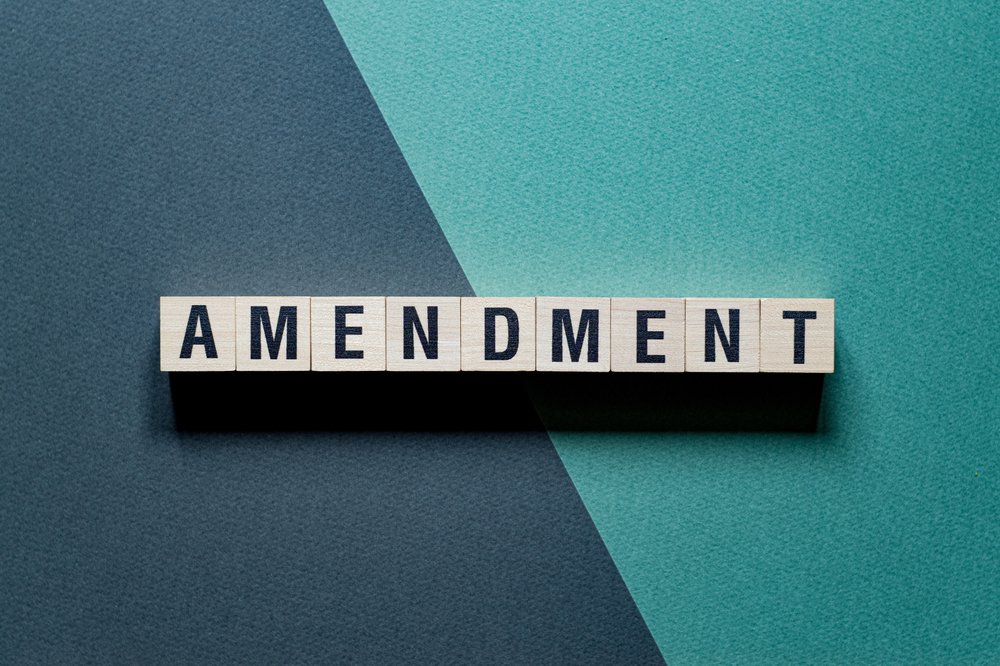When Can I Amend My Complaint? The Risks of “Strategic Amendments” in Federal Court
Parties to litigation make strategic decisions all the time about what claims (or counterclaims) to bring and how to bring them. And courts for their part often seem willing to allow parties to amend their pleadings for a wide range of reasons. But what happens if a party makes the strategic decision to hold off on adding certain claims or parties to a pleading in the hopes that adding them later—or threatening to add them later—might benefit settlement discussions? A court in the Southern District of New York recently answered that question in the case Norris v. Goldner, No. 19-CV-05491. In Norris, the court denied a publisher’s “strategic” request to add counterclaims, including a copyright infringement claim, against the creator of the popular webcomic Webcomic Name.
How did the court reach this decision and what does it mean for amending a pleading?
Under the Federal Rules of Civil Procedure, a party may amend its pleading “as a matter of course” within 21 days of service of the complaint or within 21 days of service of either a responsive pleading or certain motions. For example, a plaintiff can amend its complaint without needing permission from the court as long as it does so within 21 days of filing it, or within 21 days of the defendant filing an answer or motion to dismiss. After the time period passes for amending as a matter of course, in order to amend a pleading (for the first time or subsequent times), the party seeking to amend must either get consent from the other party or permission from the court.
The court is supposed to grant permission to amend “when justice so requires” but can deny such permission for “good reason.” These reasons include futility, bad faith, undue delay, or undue prejudice to the opposing party. An undue delay can arise when the proposed amendment would modify a scheduling order already set by the court. In that circumstance, the party moving for the amendment must try to establish “good cause” to modify the schedule. It’s then up to the court to decide whether the party’s good cause is good enough.
That’s what happened in Norris, where the defendants moved to add counterclaims more than two and a half years after a deadline to amend that was set in the court’s scheduling order. They argued that they had good cause for the delay because their attention had turned to settlement almost immediately after the case was filed and had strategically kept the counterclaims in their back pocket while attempting to negotiate a resolution. The court didn’t buy it and denied the motion to amend. In rejecting the notion that voluntarily withholding claims for strategic reasons constituted “good cause” for a later amendment, the court noted, “[i]f anything, Defendants’ admission that they made a conscious decision to not seek amendment at an earlier date weighs heavily against them.”
While the Norris decision clarified that parties should not withhold claims for strategic reasons, when and why a party can amend a complaint will often depend on the facts of a particular case, as well as the case law precedent from the court where the case was filed. As a result, it’s always a good idea to understand the potential limits of amending and plan accordingly when litigating or defending a case.

